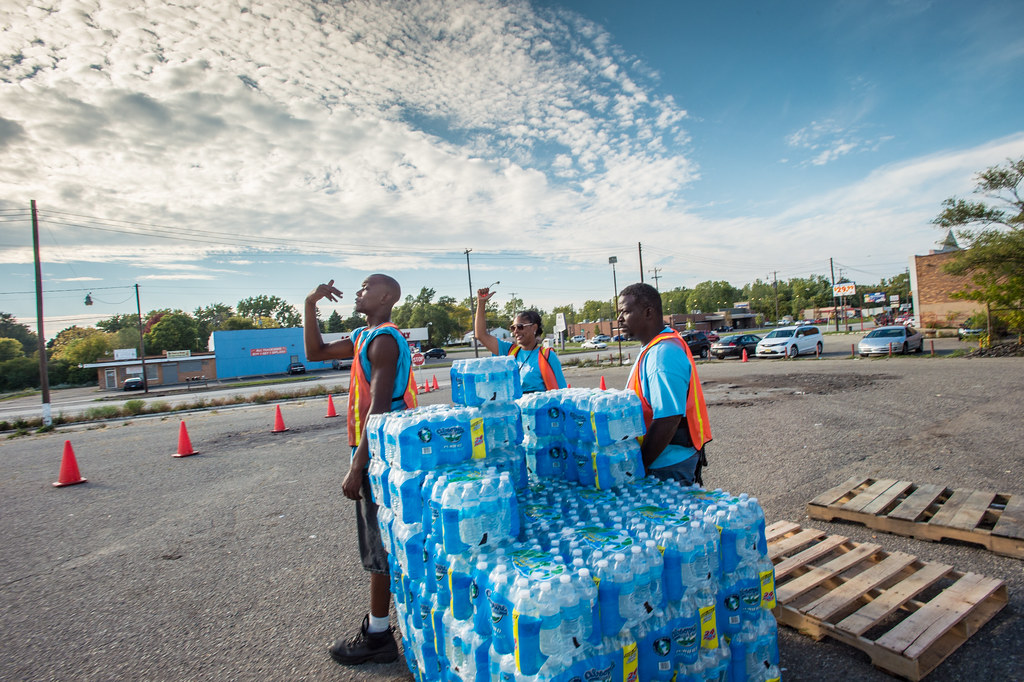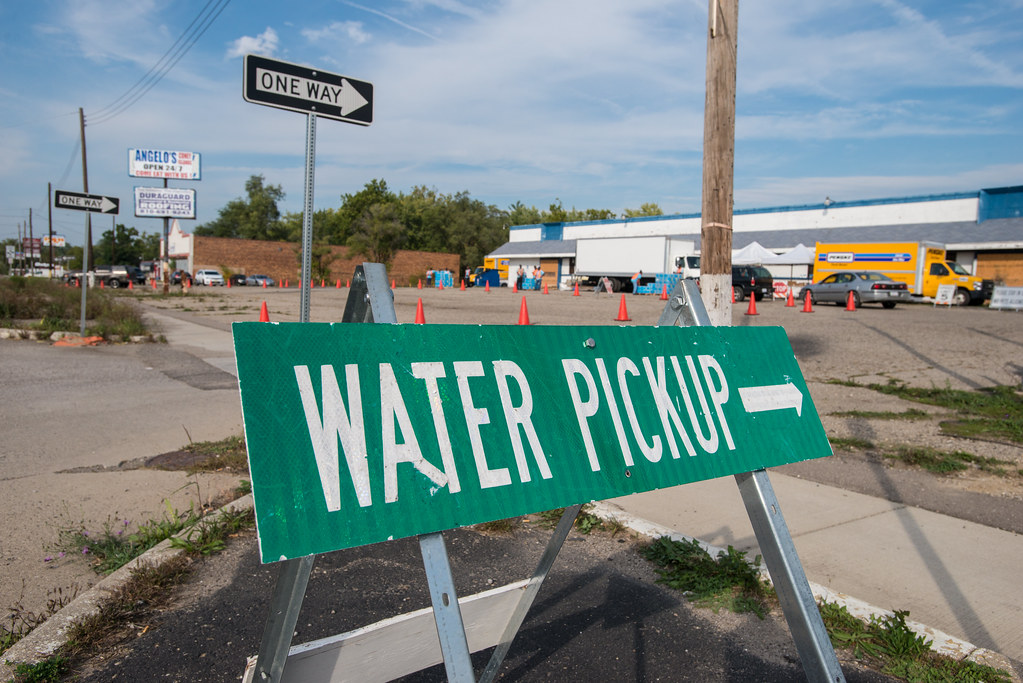Last week officials in Flint, Michigan declared that the lead levels in their visibly contaminated water had fallen below federal limit. That same week, Donald Trump also stated that he has all intentions of going forward with the Dakota Access Pipeline, a structure that could contaminate the water supply of Native Americans. So what does a Trump presidency really mean for the Flint water crisis?
Where it all begins

Flint, Michigan is a town located 70 miles away from Detroit where 41.2% of residents live below the poverty line. Flint is majority African American and once housed the nation’s largest General Motors plant, but as a result of multiple economic declines and the plant shutting down the towns water supply was rerouted from Detroit to the Flint River in order to save money. However, high levels of lead were found in the river in April of 2014, water that was being pumped into residences. Exposure to this poisoned water caused rashes, hair loss, seizures, and other serious health concerns.
Trump’s Visit
In September of 2016 Donald Trump visited Flint. He spoke to a crowd in a local church, but spent most of the time blaming Mexico for taking Flint’s clean water and their car production, as well as Hillary Clinton for “creating NAFTA.” Trump’s 6 minute speech, which was eventually cut short, was largely negative and did not offer up any sort of solution for the water crisis. Trump was criticized in the media for not showing that he fully understands the crisis and by Flint residents, some of who resisted Trump’s visit by building a wall of plastic bottles, who noted that Trump was radio-silent about the water crisis before his campaign.
So what?

For one, Trump has been known to disregard the human right of having access to clean water, as seen with his administration’s plan to resume construction of the Dakota Access Pipeline through Native American territory. Further, Trump claims he is an advocate for the American lower class, but has shown that he only means the white lower class. Since Flint’s population is primarily African American, there are questions as to how high Donald Trump will put Flint on his list of priorities. So in truth, it is hard to say what effect Trump will have on the water crisis in Flint, but it is probable that if Flint’s water supply does get fixed in the near future he will not play an important role in it.
How you can help

If you are interested in helping the residents of Flint, there are actually a lot of things you can do. For example, writing a letter to your representatives asking them to take action is a great opportunity to have your voice heard. If you want to donate to help give aid to Flint, Clean Water Fund is a great organization that Charity Navigator rated 4/4. Another, simpler alternative is just raising awareness for the Flint water crisis to ensure that people being forced to live with contaminated water will not become the norm.


